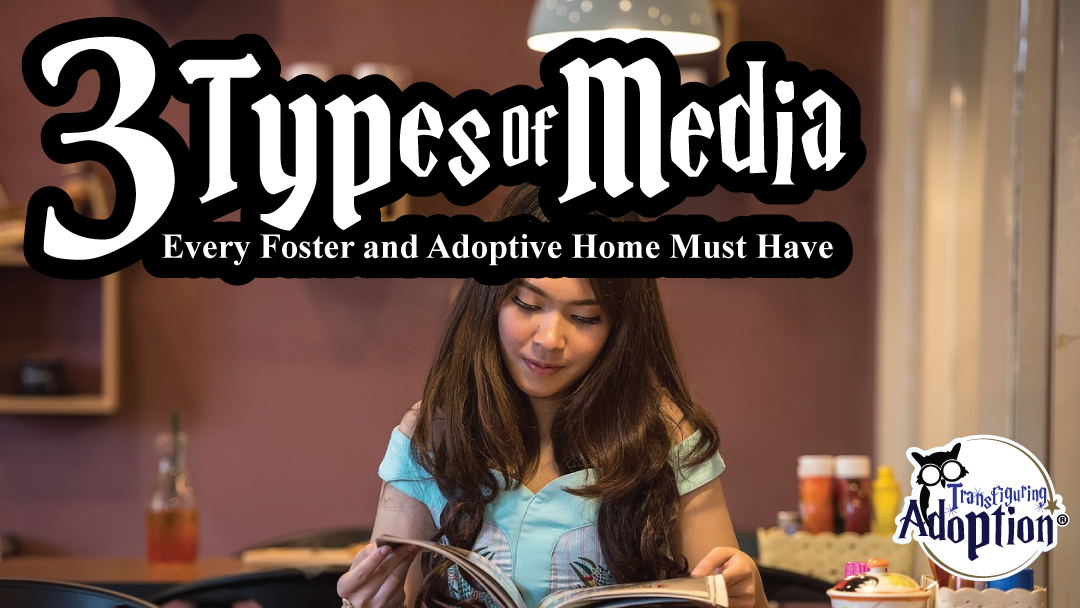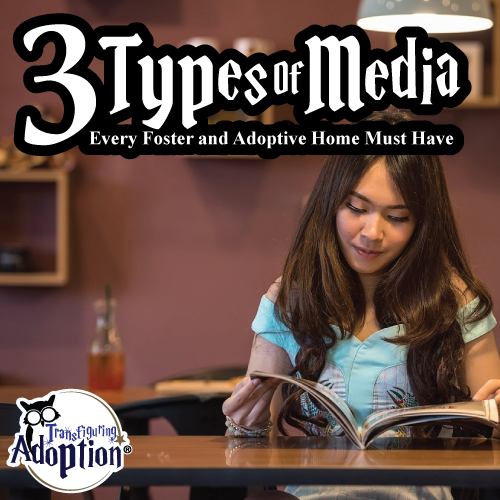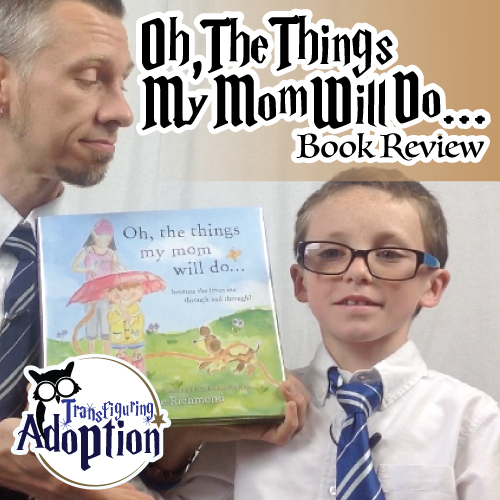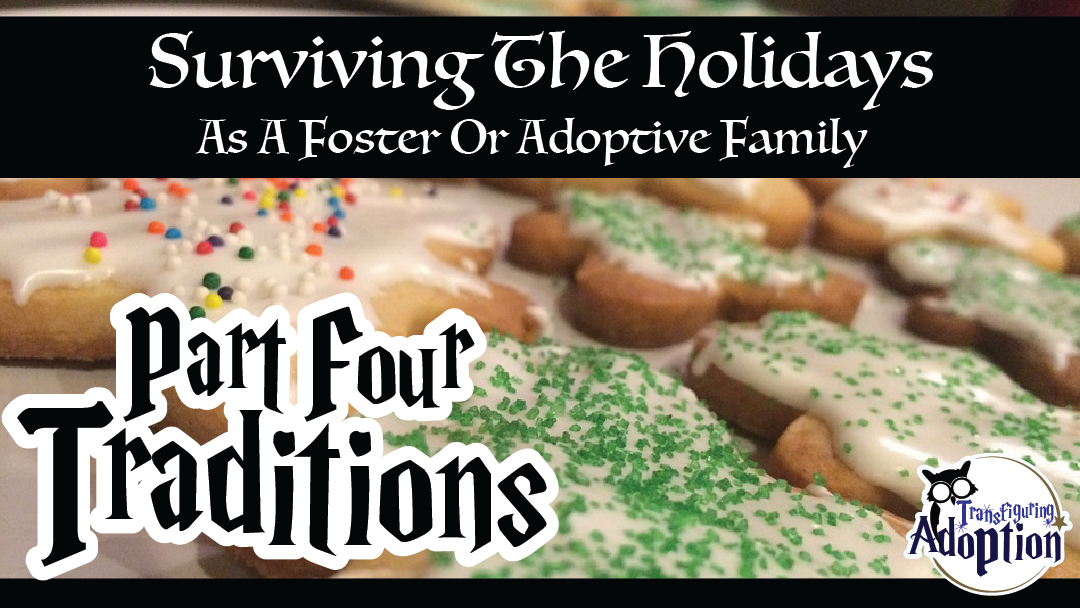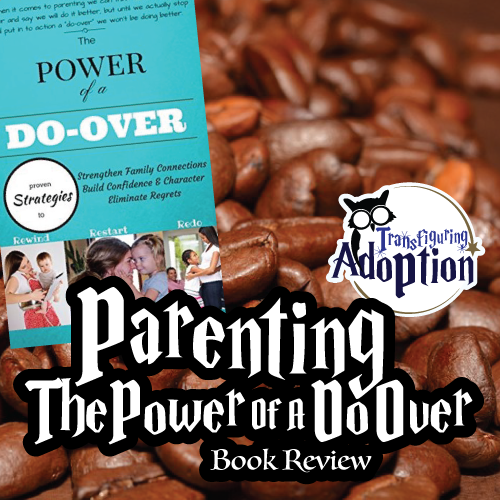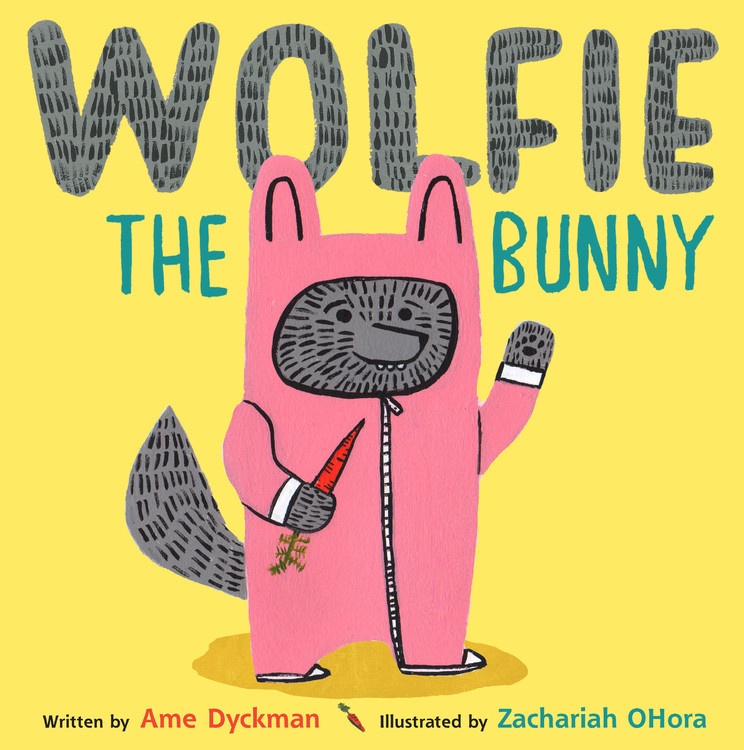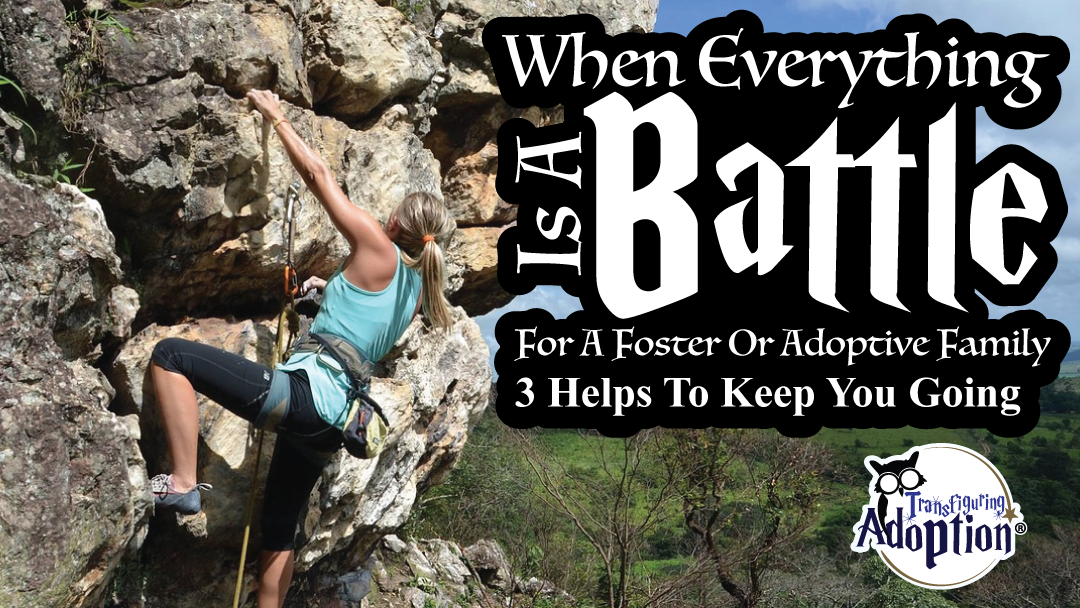We are increasingly surrounded by all types of media in our world. Finding media that is beneficial (or simply not harmful) can be challenging. Our major goal is to make locating media that can help your family connect, grow, and bond without causing harmful side effects. There are three types of media resources that we have learned every foster and adoptive home must have.
1. For the Parents
Extra responsibility accompanies the titles of foster or adoptive parents. A willingness to learn and adjust to meet a child’s needs is vital to parenting a foster or an adopted child. It is essential that parents be ever finding resources that help them understand their child and meet the child’s needs. We have several searchable lists for parents where they can find media about all topics related to parenting: Books by Adoptees, Books for Adults (everything from attachment to school success to specific disabilities and more!), Memoirs, Fiction, Movies for Grown Ups, Songs, Blogs Lists.
2. About Foster Care, Adoption, or Other Related Topics with Children as the Target Audience
Foster children and adopted children often do not experience books or movies to which they can truly relate. They often feel abnormal and alone. Media with themes of foster care or adoption can help normalize the experiences of foster and adopted children, give them characters to relate, start healthy conversations, and help them not to feel alone. Not all media with foster care or adoption themes is beneficial. Some can be triggering, and some can be harmful if an adult is not on duty to help a child process or understand the media. Our 10 Questions for Discovering Media Triggers Which Harm Foster and Adoptive Kids may be helpful in considering which media you need to skip as a family. Check out these lists of media for your kids: General Kids’ Books, Foster Care Children’s Books, Foster Care Adoption Children’s Books, Domestic Adoption Children’s Books, Transracial and International Adoption Children’s Books. NOTE: We have not had a chance to review all the media on these lists, and it is important that you evaluate if a piece of media could be detrimental to your child’s specific situation.
3. For Fun and Connection
Reading, listening to music, and watching movies with family provides shared experiences with which to bond and connect. Media provides a great starting point for healthy conversations. And quite honestly, as foster and adoptive families we are often dealing with “tough stuff” in our daily lives, and we all need to decompress and just chill out. Sometimes we need to just have a side-by-side shared experience without having to think or communicate.
Now It’s Your Turn:
- What impact has media had on your foster or adoptive family?
- Is there any media that you would absolutely recommend?
- Is there any media which you have found harmful that you would absolutely discourage against?
